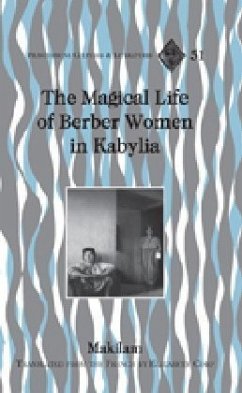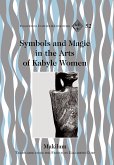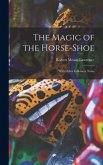Kabyle women from Algeria were believed to have been relegated to a role, subjugated by dominant males, in which they were confined to reproduction, nature, and their sensibilities. The weaknesses created by this inequality were thought to be compensated for by their living inconspicuous lives practicing magic, especially in love. Makilam rejects these preconceived ideas and demonstrates that women's magic was expressed in every domain of their daily lives: pottery making, food provision/preparation, and weaving. In fact, the traditional Kabyle society was incapable of functioning without women, who ensured its material and spiritual unity.
«One of the most important tasks of postcolonial scholars is unraveling the misrepresentations foisted on indigenous peoples by colonizers. For the multicolonized Berber peoples, not the least of the task is to reinstate women as the vibrant, life-affirming cultural core they were and remain. In this engagingly thorough work, Makilam strips away the impositions of outsiders to reveal the true conception of Berber women as the privileged and spiritual creators of her home culture.» (Barbara Alice Mann, University of Toledo, Ohio)








